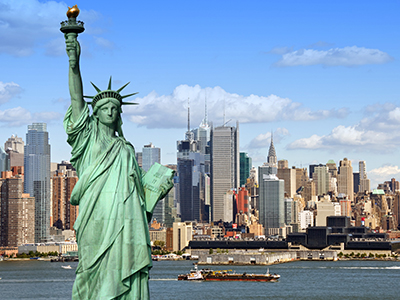
In the latest in a series of laws directed at New York City employers, effective January 1, 2016 non-governmental employers with 20 or more full-time non-union employees in New York City are obligated to provide full-time employees with the opportunity to use pre-tax income to purchase qualified transportation benefits. The law will be enforced by the Department of Consumer Affairs (“DCA”), which is the same agency responsible for enforcing the New York City Paid Sick Leave Law. The DCA’s published Frequently Asked Questions on the Commuter Benefits Law are available here.
To be covered by the law, an employer must employ 20 full-time employees in New York City. All full-time employees in all locations in New York City are counted towards determining the 20 employee minimum. Generally, employers whose employees are covered by a collective bargaining agreement are excluded by the statute. However, if the employer has 20 or more full-time employees who are not covered by the collective bargaining agreement, the employer must offer commuter benefits to the non-union employees.
The law only applies to full-time employees, but that term is broadly defined to include any employee who averages 30 hours or more per week and any portion of this work is in New York City. By way of example, the DCA explains that if a business is located in New Jersey and there are 25 full-time employees who work for this business and that work includes occasional work in New York City, the business must offer these 25 full-time employees the opportunity to use pre-tax income for qualified transportation benefits.
Employers are expected to maintain records that they offered all eligible full-time employees the opportunity to use pre-tax income for transit benefits and whether the employee accepted or declined the offer. The Commuter Benefits Law does not require employers to use a third-party provide to manage commuter benefits programs, but makes clear that employers may not pass along to eligible employees any administrative costs associated with such a provider. The DCA has published the full list of eligible transportation services, which includes mass transit and eligible bus, vanpool, paratransit, rail, and ferry services, but excludes parking even where it constitutes a qualified fringe benefit under federal law.
The law becomes effective on January 1, 2016, although the DCA is not permitted to seek penalties for violations until after July 1, 2016. At that time, employers can be fined $100 to $250 for the first violation of the law if they do not cure within 90 days and an additional fine of $250 for every 30-day period of noncompliance thereafter. As we head into 2016, the recent trend of new employment laws for New York City employers shows no sign of slowing down.

